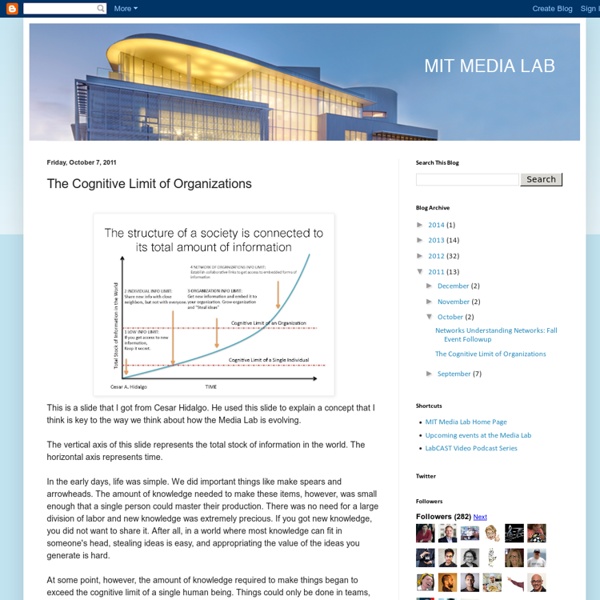Coursera- Solving Open University courses With Big Data peer reviews
College is stuck in the past, and tech is always trying to tow it out of the mud. The trick is finding a solution that provides more access to higher education, improves the learning experience, and enables future improvement, instead of miring college in some company's proprietary system. Coursera has such an offering, and it announces today that some of the world's top universities will participate in its experiment. Princeton; Stanford; the University of California, Berkeley; the University of Michigan and the University of Pennsylvania will all offer courses on the platform for free to anyone in the world with Internet access. To help bring Coursera up to speed, Kleiner Perkins Caufield & Byers and New Enterprise Associates have backed it with $16 million in venture funding. "We see a future where world-renowned universities serve millions instead of thousands," says Coursera co-founder Daphne Koller.
What I Learned Watching 150 Hours of TED Talks - Carmine Gallo
by Carmine Gallo | 11:00 AM April 11, 2014 What makes for a great presentation — the kind that compels people’s attention and calls them to action? TED talks have certainly set a benchmark in recent years: HBR even asked Chris Anderson, the group’s founder, to offer lessons drawn from the three decades he’s run TED’s signature events in an article published last summer.
Learning through questioning: Gurteen summary of links
Gurteen Knowledge-Letter: Issue 142 - April 2012 Contents 1 Introduction to the April 2012 Knowledge Letter 2 You can forget facts but cannot forget understanding 3 Don't praise the child! 4 Brown Bag Lunches 5 Business is a Conversation - It's Good To Talk 6 Reading PDF and HTML articles on my Kindle 7 Gurteen Knowledge Tweets: April 2012 8 Upcoming Knowledge Events: April 2012 9 Subscribing and Unsubscribing 10 The Gurteen Knowledge Letter
Berners-Lee warns ISPs on net neutrality
The inventor of the world wide web, Sir Tim Berners-Lee, has warned internet service providers (ISPs) that plans for a "two-speed" internet go against the principles that have let the net grow so rapidly in the past two decades. "Best practices should also include the neutrality of the net," Berners-Lee told a round table in Westminster on Wednesday morning, convened by the communications minister Ed Vaizey. Content companies, represented by Facebook, Skype, the BBC and Yahoo, squared up to ISPs, with input from consumer representatives including the Open Rights Group, the Consumers' Association and the communications regulator Ofcom. Jim Killock of the Open Rights Group, who was representing consumer interests at the meeting, said afterwards that he was concerned about the direction the debate was going: "The potential for something going terribly wrong is absolutely there.
8 Principles For Disruptive Learning Environments
I am finally giving in and writing my first list post, ugh! But I promise this not some shallow list designed for social media virality. I have been storing away notes and observations on this topic for quite some time. Many of these observations come from my personal experience over the past two years with crossfit – a program and community that is dramatically disrupting the health and fitness industries. Other observations derive from innovations in the start up community and social media.
Internet Society (ISOC) Future Internet Scenarios
What Will The Internet Look Like In 10 Years? The Internet Society engaged in a scenario planning exercise to reveal plausible courses of events that could impact the health of the Internet in the future. While obviously not intended to be a definitive overview of the landscape or all potential issues, we believe the results are interesting and, we hope, thought-provoking.
Transcripts » Show
DON'T LECTURE ME Transcript Stephen Smith: From APM, American Public Media, this is an American RadioWorks documentary. College students spend a lot of time listening to lectures. Eric Mazur: At least until Guttenburg, the only valid approach to education was the lecture.
Khan Academy Competitor? Mike Feerick of Alison.com Talks About The Future of Online Education
By Paul Glader BERLIN — In the camp of free online learning, Irishman Mike Feerick believes his Alison.com has more to offer than the buzz-heavy Khan Academy. Feerick, a Harvard MBA and serial entrepreneur, has an impressive track record at several startups including his current project: Alison.com.



